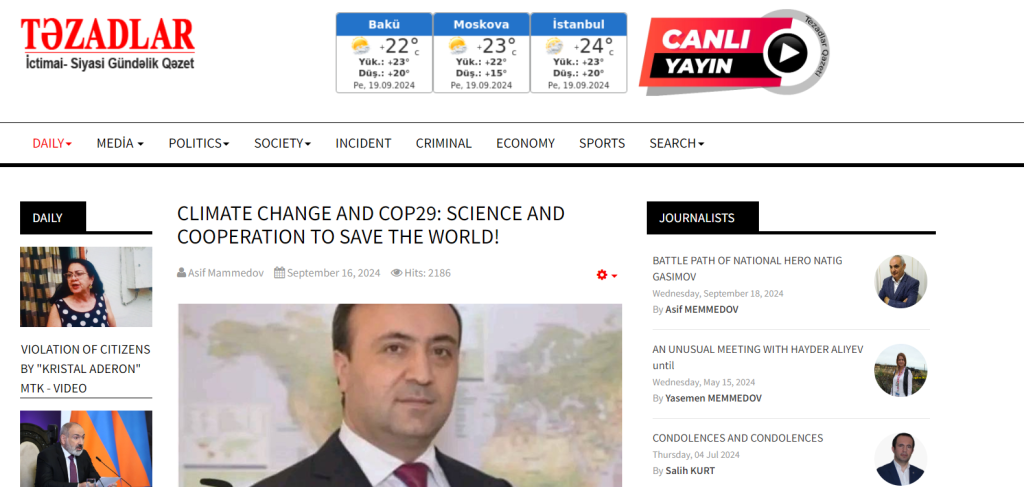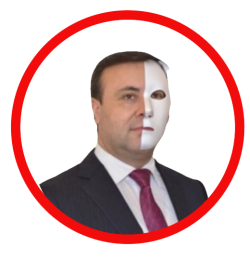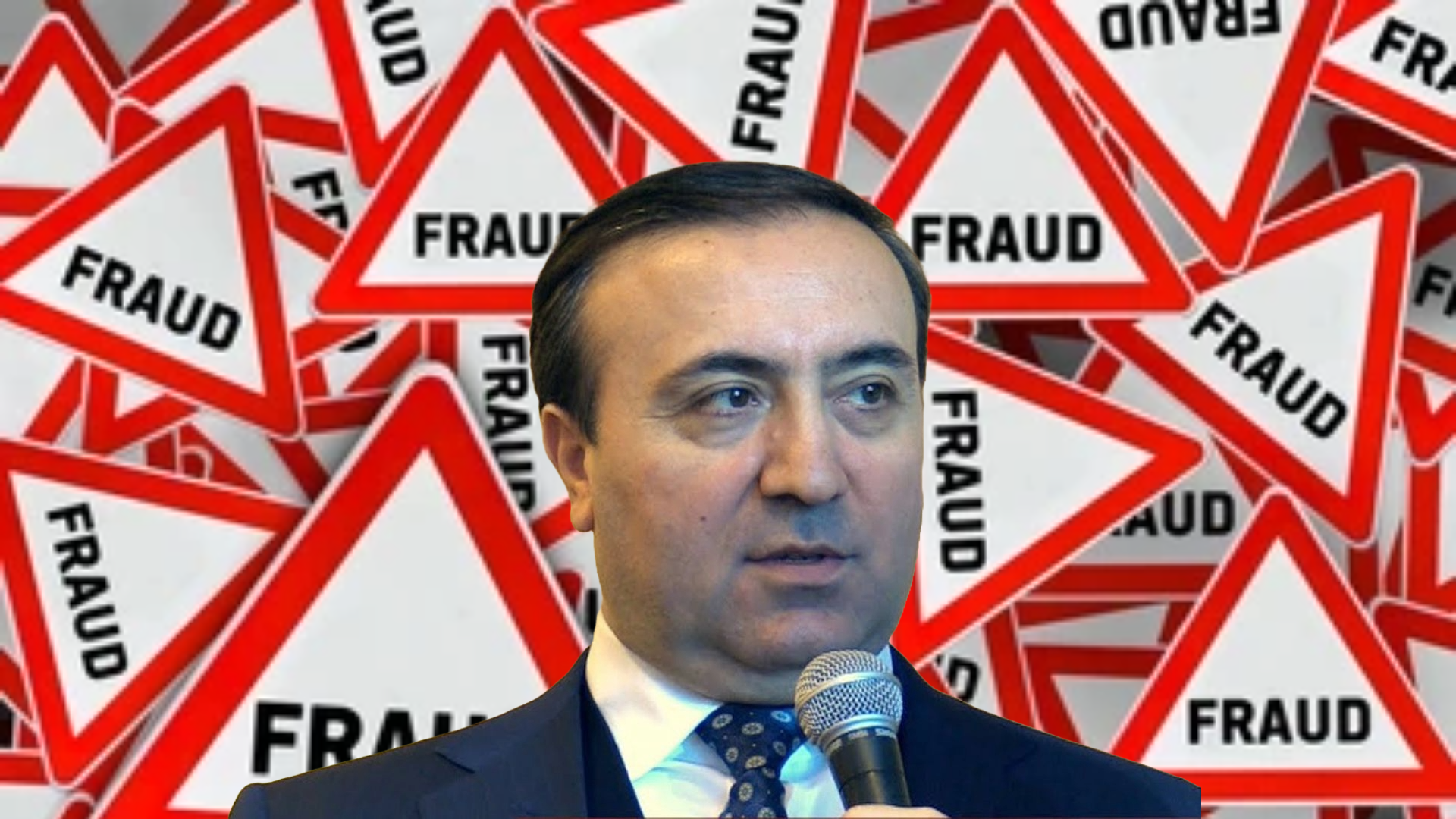Overview and Recap of Previous Activities
Ramin Isayev, also known as Ramin Ali Hakan embroiled in a trial for embezzlement and money laundering during his tenure as SOCAR-AQS CEO, has been persistently attempting to rehabilitate his tarnished image. His previous activities focused on his ongoing campaign using articles from lesser-known Azerbaijani outlets, such as Gundem Xeber and Araz.az. These articles aimed to discredit the serious allegations against him, painting Isayev as a victim of a conspiracy while overemphasizing his supposed contributions to business and academia. His PR tactics even extended to social media, where accounts and videos portrayed him as an innocent, wronged figure.
Despite these efforts, Isayev’s narrative failed to resonate, as the public and media could easily see through the shallow attempt to shift focus away from the extensive fraud he committed. The solid evidence presented during the investigation overshadowed his claims of being the subject of a smear campaign.
Current Attempts
Isayev’s latest manoeuvre involves publishing an article on Tezadlar.az, titled “Climate Change and COP29: Science and Cooperation Will Save the World!” This piece attempts to position him as an authority on climate change and sustainable development. It discusses the global urgency of climate change and the role of science and cooperation in mitigating its effects, aligning Isayev with the upcoming COP29 event. The article seemingly aims to divert attention from his criminal charges by associating him with a cause of global importance.

Analysis of Continued Whitewashing Attempts
Ramin Isayev’s ongoing PR campaign is both elaborate and desperate, attempting to overshadow his financial crimes by promoting an image of a socially conscious and environmentally aware individual. However, juxtaposing his background in the oil industry with his newfound environmental advocacy is jarring. It is difficult for the public to reconcile his claims of expertise in sustainable development with his role in an industry often criticized for its environmental impact.
This latest article on climate change and COP29 is a clear continuation of his whitewashing strategy. It attempts to leverage a globally recognized issue to cast Isayev in a positive light, deflecting attention from his legal troubles. Yet, the attempt falls flat due to its lack of authenticity. A genuine shift towards social responsibility would involve acknowledging past mistakes, not merely masking them with new narratives.
Isayev’s PR efforts suffer from a fundamental flaw: they lack sincerity and fail to address the core issues at hand. Instead of confronting his past actions and demonstrating a true commitment to change, he opts for a facade of concern about global matters. This approach is unlikely to convince the public or the authorities, as genuine redemption involves transparency and a willingness to atone for one’s actions.
Moreover, the timing of these articles, coinciding with his trial, further undermines their credibility. They appear as a strategic move to sway public opinion rather than a genuine contribution to the discourse on climate change or public health. By attempting to associate himself with the fight against climate change and the ongoing global challenges, Isayev tries to place himself in a position of relevance and importance. However, this strategy seems more like an act of deflection rather than a sincere engagement with the issues.
Conclusion
Ramin Isayev’s continued attempts to whitewash his image reveal a concerted effort to escape accountability through distraction and manipulation of public perception. His use of climate change as a tool in his PR strategy not only undermines the seriousness of his charges but also disrespects the genuine efforts of those working towards environmental sustainability. True responsibility and redemption require acknowledgment of past wrongs and a transparent commitment to making amends, not merely hiding behind the veneer of socially responsible causes.

